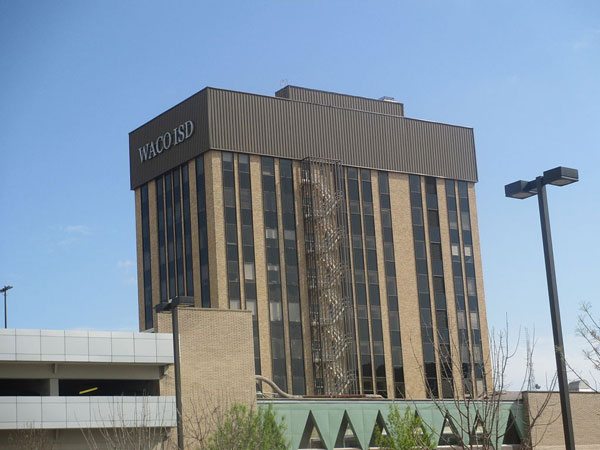
January 31, 2018; Waco Tribune-Herald
The Waco Independent School District (Waco ISD), like many urban school districts serving low-income students, is under great pressure from state education officials to dramatically improve outcomes. Based on the district’s poor showing on state achievement tests over the past five years, the district has an end-of-school-year deadline to demonstrate progress or face a forced major restructuring of how education is provided in this Texas city. In response, school district leadership is working to finalize a partnership with a community-based nonprofit to implement a holistic approach to their educational challenge.
School district leaders recognize that student performance is affected by forces that go well beyond what happens just within each school’s walls. At an October community meeting held as part of the planning process, the district’s superintendent, A. Marcus Nelson, told a packed audience, “That’s why we push our kids so hard. We have very little control of what they go home to. I know kids in Waco ISD right now that the biggest problem they have is, are they going to go to Texas Tech or are they going to Texas A&M? But sitting right next to that student is a student who has no home support. They go home, and they’re the oldest in their family and have to take care of their siblings. With that kid, you have to level the playing field and have to assume personal responsibility, that this kid needs more help and support.”
The actions being threatened by Texas education officials are similar to those that have been tried in struggling districts across the nation. The district can be forced to relinquish control of five of their lowest performing schools, with programs that serve about 16 percent of their student population, and turn them over to independent charter school managers. More drastically, the state could disband the board and assume direct control of some or all of Waco’s public school system, creating what has become known in Louisiana as a “recovery school district.” In both cases, local control of schools is diminished in return for solutions that have not proved successful in other locations.
In response, the district is partnering with Prosper Waco to bring a comprehensive community school approach. According to the Waco Tribune-Herald, the arrangement will allow Prosper Waco to do what it does best and “coordinate services for students, while leaving most of the management to Waco ISD.…The arrangement would involve an increased focus on the needs, both in and out of the classroom.”
Sign up for our free newsletters
Subscribe to NPQ's newsletters to have our top stories delivered directly to your inbox.
By signing up, you agree to our privacy policy and terms of use, and to receive messages from NPQ and our partners.
Unlike other communities where schools have been turned over to private organizations (nonprofit or for-profit) to operate as independent charter schools, the Waco idea seeks to draw on the unique strengths of a nonprofit organization to enhance the current operation of the school. Matthew Polk, Waco ISD’s executive director, shared with the Tribune-Herald his vision of the emerging partnership:
This is something educators talk about all the time. They talk about a holistic approach to education. Educators who are teaching and serving in Waco ISD know the impact of poverty on the kids they serve and their academic performance…It’s too much to ask educators who are running a school, who are preparing lessons every day and teaching kids, to also be social workers, to also try and figure out this whole maze of organizations and programs in the community that can help their kids.
Prosper Waco brings assets to the table. Formed in 2014 “to build an environment in which all members of our Waco community are able to measurably improve their education, health, and financial security,” PW sees itself as organizing its community partners to do what no single organization can do alone. Prosper Waco spokeswoman Christina Helmick told the Tribune-Herald that “We don’t have to go outside to look for other things we need to bring in. We have everything we need right here in Waco. It’s just we need to bring it all together in a coordinated way.”
The WISD-Progress Waco partnership has the potential to comprehensively address the needs of the children they serve and mitigate the negative impact of poverty, homelessness, and bias while retaining local control of schools. It will work if the resources are sufficient to meet the promise and the community remains an active part of the equation. Martin Blank, president of the Institute for Educational Leadership, emphasized in the Huffington Post that “community schools do focus on organizing health and social supports, but family and community engagement, and a robust curriculum with expanded learning opportunities during and beyond the school day are also part the equation.” As currently envisioned, Waco students will benefit from this comprehensive vision being at the core of their reinvigorated schools.—Martin Levine












